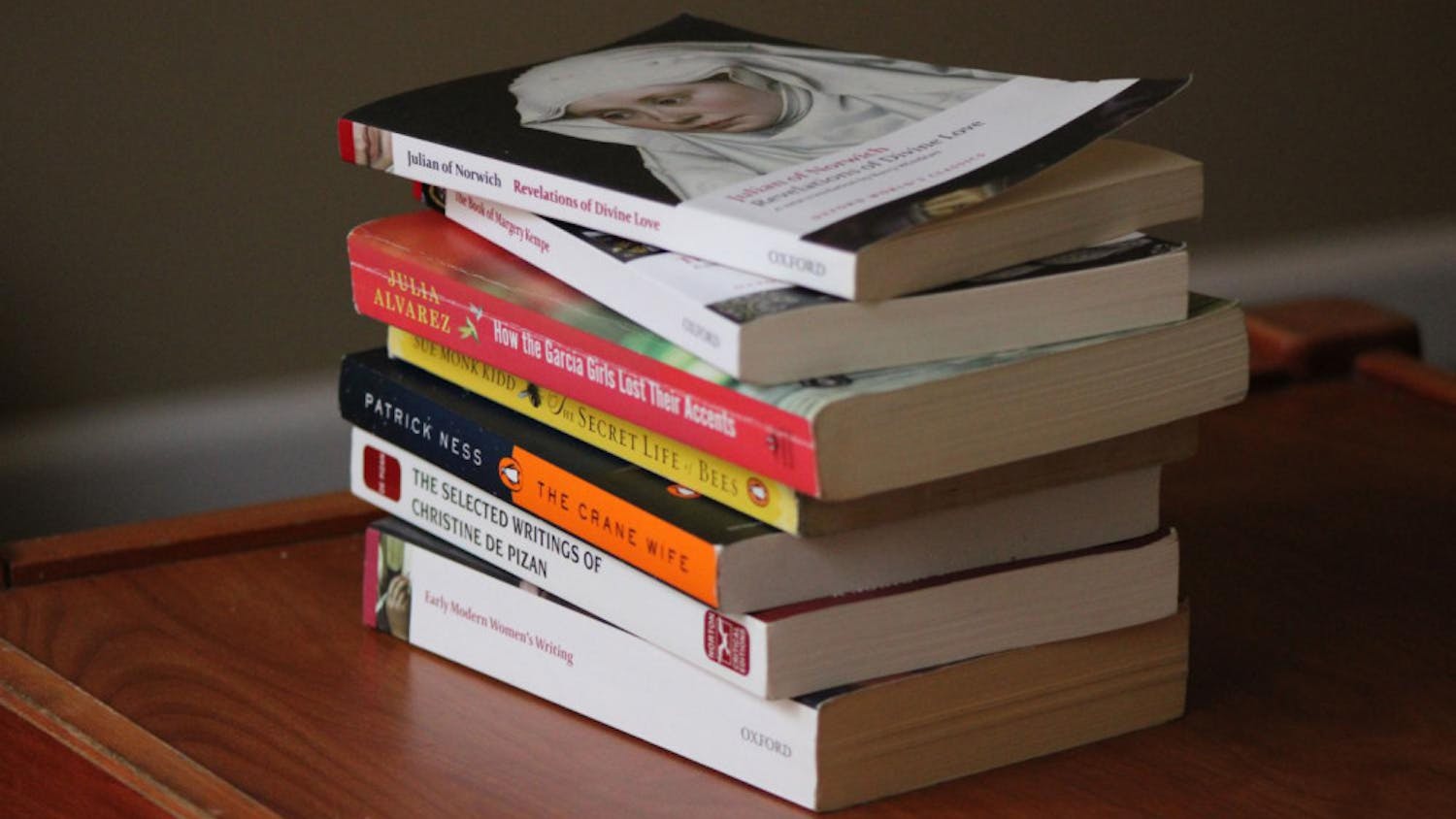Just before Mercer University students embarked on their spring break, the world celebrated a holiday spotlighting the accomplishments of women around the globe. International Women’s Day was Sunday, March 8, and it served as a celebration of Women’s History Month. To celebrate this month Mercer-style, here are a few facts about early Mercer women:
The very first woman to grace the Mercer campus was not a student, but a librarian named Sallie Goelz Boone. Fondly remembered as “Mercer’s greatest institution” by some, Boone was well known for her wonderful attitude. Part of Boone’s legacy was printed in “The Cauldron” in 1930: “We know that Mercer men still remember her cheerful ‘hello-o’ and will recall the ‘good ole days’ when Miss Sallie said learning was a pleasure.”
Not only was Boone a librarian, but also a frequent columnist for the “Mercerian.” She was also named Dean of women, and the senior women’s Sunday school class at First Presbyterian Church was named after her. She served as a librarian at Mercer from 1904 to 1934, beginning more than a decade before the first woman was accepted into Mercer. Before working at the university, she was the librarian at Price Memorial Library, which is now the Macon-Bibb County Public Safety Center. Boone graduated with a bachelor of arts degree in 1887 from Wesleyan College, where she was an influential member of Phi Mu. She even helped establish the chapter here at Mercer.
Boone died on March 15, 1961. A section of the Mary Erin Porter (MEP) building is named for Boone. Also, her portrait hangs in the Tarver Library, painted by Edward Shorter, a 1920 Mercer graduate.
Another one of Mercer’s influential women was Katheryne Carolyn Pierce. Pierce was not only the first woman to graduate from Mercer’s law school in 1919, but she was also president of her senior class and the first woman in the state of Georgia to hold the bachelor of law degree.
Pierce was soon followed by the first woman to receive a bachelor of arts degree, Caroline Patterson. Patterson was also Mercer’s first co-ed student, graduating in June of 1923. Her father was the founder of Mercer’s law school, and she was told by Dean William Edmond Farrar, “You are the pioneer.” Patterson majored in theology, and was president of the Sidney Lanier chapter of the United Daughters of the Confederacy for six years after she graduated, as well as state historian for two years. She lived in Macon for her whole life and went on to become a recognized authority on Macon history and genealogy. Patterson was the first honor graduate of Lucy Cobb Institute, as well as president of the Georgia Society on Anti-Suffrage. She was instrumental in the defeat of the suffrage amendment in the state legislature. Patterson died in Macon on April 6, 1949.
Finally, one more famous woman in Mercer’s history was the first Mercer female of African American heritage, Betty Jean Walker. Not much is known about her, other than that she graduated with a Bachelor of Science in math. Walker was accepted to Mercer in 1964, and she led the Poor People’s March with Ed Bacon. Walker was accepted into Mercer just a year after Sam Oni, the first black student to attend Mercer. Walker penned a letter, currently housed in the Tarver Library, where she wrote that she turned down a two year scholarship to Spellman University to come to Mercer, where she had not been offered a scholarship. “Instead, Mercer offered the answer to a sixth-grade girl’s prayer, the answer to her dreams, the answer to her future,” reads Walker’s letter. Walker faced discrimination and hatred while at Mercer, but she went on to Atlanta and taught high school for 10 years. Walker received her Masters from Georgia State University in 1974. Four years later, after traveling through Europe and the Soviet Union, Walker began work as an engineer. She was voted one of the most outstanding young women in America and was included in the “Who’s Who Among Black Americans,” 1980 edition.




